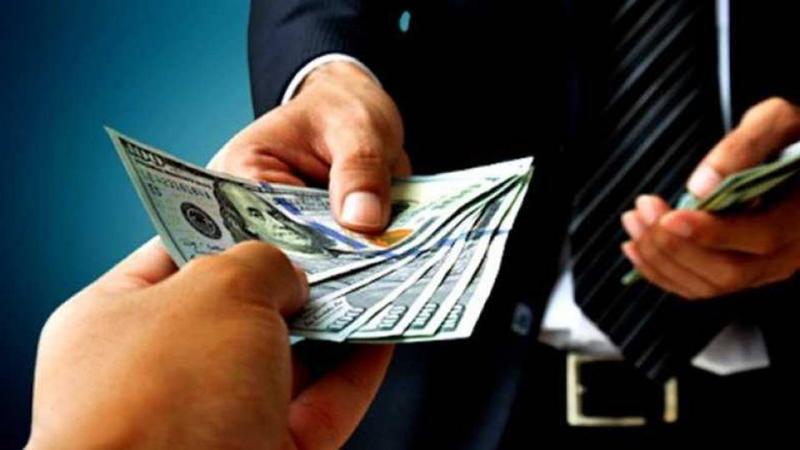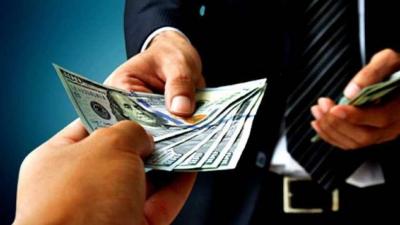The dollar went haywire at the end of last week, casting shadows over various aspects of citizens' lives. People began to panic and ponder how to cope with skyrocketing prices across different categories amid a dramatic decline in purchasing power. The Lebanese pound's collapse against the dollar has reached unprecedented levels, and people's suffering intertwined with dire situations has coincided with a sweeping increase in the prices of food items, bread, fuel, and the greed of traders who exploit the dollar's fluctuating leaps to adjust their prices without consulting the relevant syndicate, justifying it by claiming to buy at the highest price.
While the dollar reached an all-time high of 39,000 Lebanese pounds, many traders set their goods at prices around 40,000, a preemptive move to maintain high profits and push citizens further below the poverty line. Most Lebanese citizens forgot the black market exchange rate and waited for Monday morning to buy dollars from banks at the Sayrafa platform rate following a decision by the Governor of the Central Bank, which attempted to rein in the chaos that had ensued. However, the decision drove many citizens into the speculative market by applying at banks to obtain fresh dollars and sell them on the black market. Consequently, bank branches in Baalbek were crowded from early morning with citizens looking to apply for dollar purchases, some intending to cash their salaries at the Sayrafa rate to achieve an increase of no more than three hundred thousand Lebanese pounds, mostly public sector employees and security forces.
As the exchange rate fluctuated, the Baalbek market experienced unprecedented stagnation. Streets were almost empty, with no cars or citizens shopping. Stores were devoid of customers, and shop owners lamented their plight, as they couldn't keep up with the dollar's rise and sell according to its peak rate, nor were people willing to buy amidst the severe crisis they were enduring. Consequently, the situation remained unchanged: no buying or selling, commercial activity was nonexistent, and goods piled up with their owners until stability returned and they could determine at which price to sell.
Food items, meat, and chicken fared no better; while citizens could forgo clothing and some necessities, food and drink were unavoidable. Alongside the dollar's rise, prices increased by up to 40% in many categories, with the price of a kilo of beef reaching 400,000 Lebanese pounds, up from around 280,000. Chicken prices also surged by 30%, making lunch for any Beqaa family cost half a salary, while the other half went towards purchasing some vegetables and fruits, which exceeded reasonable limits.
Amid these pressures, the fuel crisis asserted itself, as the price of a gas canister has become burdensome for employees and the public alike. Some schools in the province hurried to finish the academic year to relieve the financial strain on the staff and parents, while farmers lamented the exorbitant price of diesel, which reached 800,000 Lebanese pounds, necessary for irrigating their crops.




